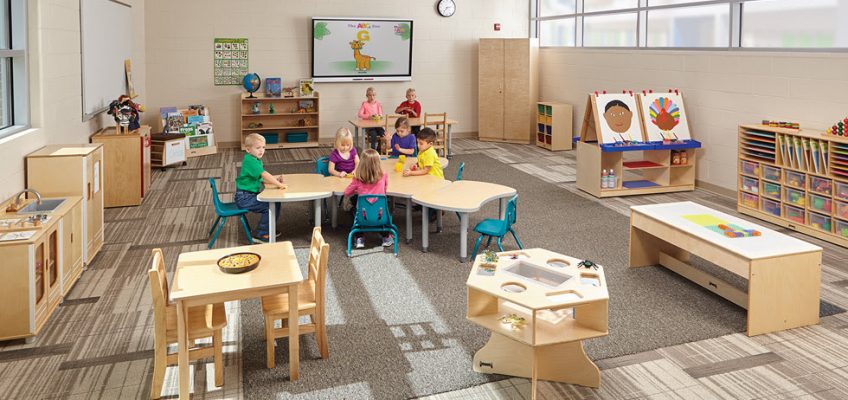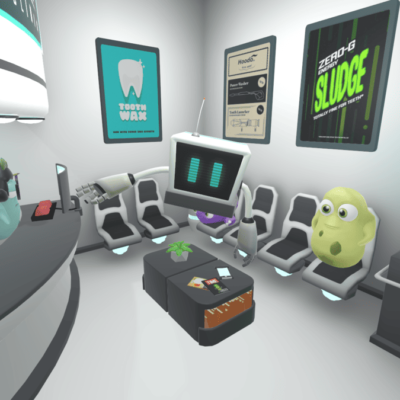Technology can be a great aid for teachers in engaging with students and helping them learn, but it must be smartly integrated into classroom design to be effective.
Student outcomes are the most relevant factor when it comes to measuring the success of a learning environment. Though classroom design has an important influence on learning achievement, the majority of time and resources is still spent on traditional methods of enhancing the learning progress, such as executing standardized tests, professional growth for educators, and advancement or mediation courses for students.
There is a growing awareness of the profound impact classroom design can have on the educational achievements of students Share on XThanks to a growing awareness of the profound impact classroom design can have on the educational achievements of students, however, educators are making strides toward constructing optimal learning environments to better meet the educational needs of various groups of students. The infographic below from Worthington Direct outlines some of the emerging best practices.
Alice Bonasio is a VR Consultant and Tech Trends’ Editor in Chief. She also regularly writes for Fast Company, Ars Technica, Quartz, Wired and others. Connect with her on LinkedIn and follow @alicebonasio on Twitter.










